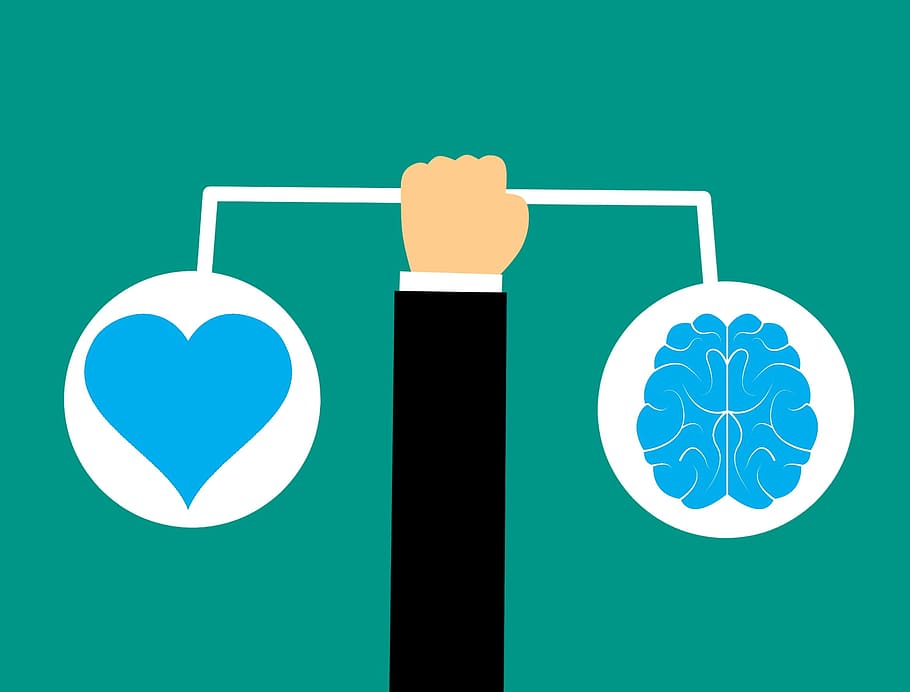
FAQ About Basics of Emotional Intelligence
What are some real-life examples of emotional intelligence?
Conflict Resolution: Imagine two colleagues who have a disagreement at work. Instead of reacting impulsively or escalating the conflict, one colleague with high EI actively listens to the other person's perspective, shows empathy, and seeks a compromise that satisfies both parties. They remain calm, manage their emotions, and work towards a resolution that preserves the relationship and promotes collaboration.
Leadership: A manager with high EI leads by example. They inspire and motivate their team, acknowledge and appreciate their employees' contributions, and provide constructive feedback. They actively listen to their team members, demonstrate empathy, and create a positive work environment. This leader encourages open communication, fosters trust, and promotes the personal and professional growth of their team members.
Customer Service: An employee with high EI works in a customer service role. They remain calm and composed when dealing with upset or irate customers. Instead of getting defensive, they actively listen, empathize with the customer's frustration, and offer a solution to resolve the issue. Their ability to understand and manage their own emotions helps diffuse tense situations and leaves the customer feeling heard and valued.
Parenting: A parent with high EI interacts with their child in a supportive and empathetic manner. They recognize and validate their child's emotions, helping them develop emotional awareness and regulation. They engage in active listening, respond with empathy, and use age-appropriate language to communicate effectively with their child. This parent models healthy emotional expression, fosters trust, and builds a strong parent-child bond.
Teamwork and Collaboration: In a group project, a team member with high EI demonstrates effective teamwork and collaboration. They actively contribute to discussions, listen to others' ideas, and respect diverse perspectives. They offer support, encourage open communication, and mediate conflicts constructively. Their ability to understand and manage emotions helps create a positive and productive team dynamic.
Personal Relationships: In a friendship, someone with high EI demonstrates emotional support and understanding. They listen attentively, show empathy, and validate their friend's emotions. They offer comfort and encouragement during difficult times, and their presence helps their friend feel heard and understood. They maintain open and honest communication, resolving conflicts peacefully and nurturing the friendship.
Self-Care: A person with high EI practices self-care to maintain their emotional well-being. They recognize their own emotional needs and prioritize activities that promote self-care, such as exercise, journaling, spending time in nature, or seeking support from loved ones. They are aware of their stress levels and take proactive steps to manage and reduce stress, ensuring they maintain a healthy work-life balance.
